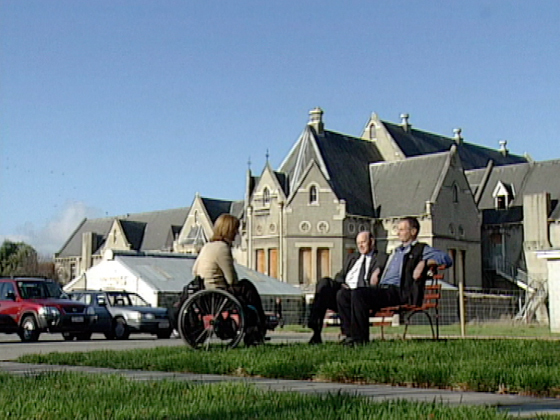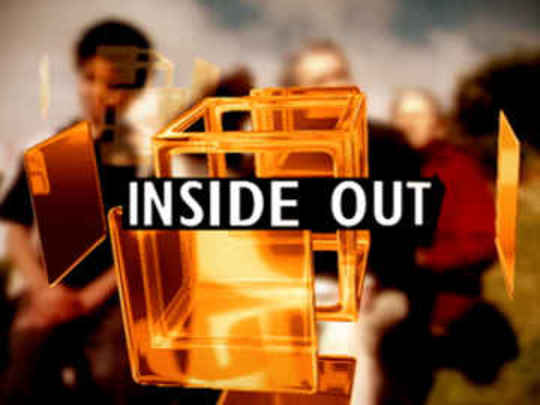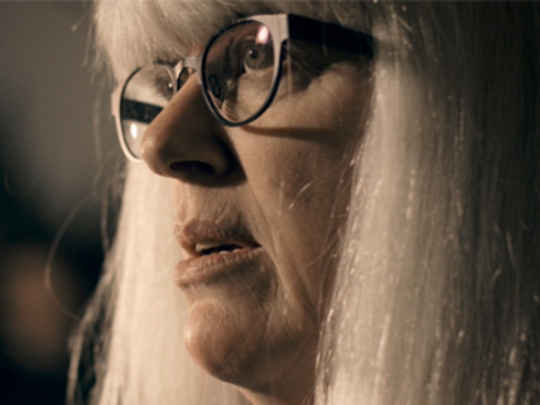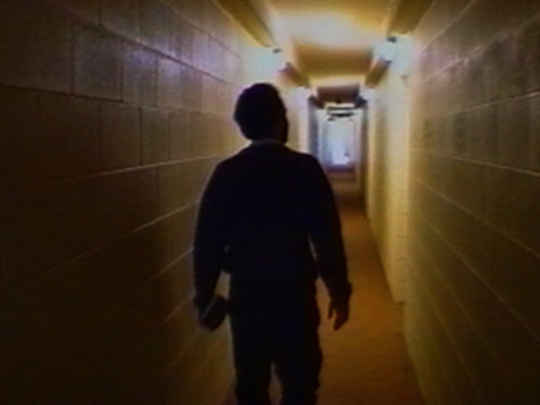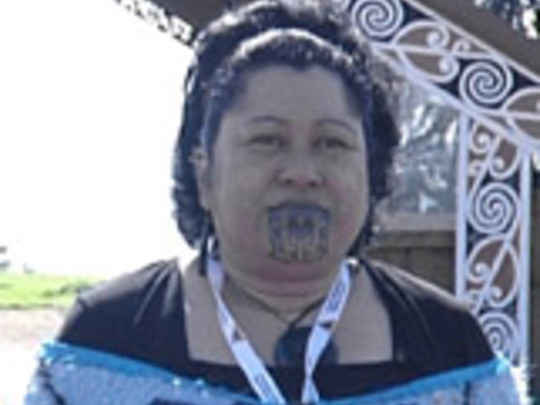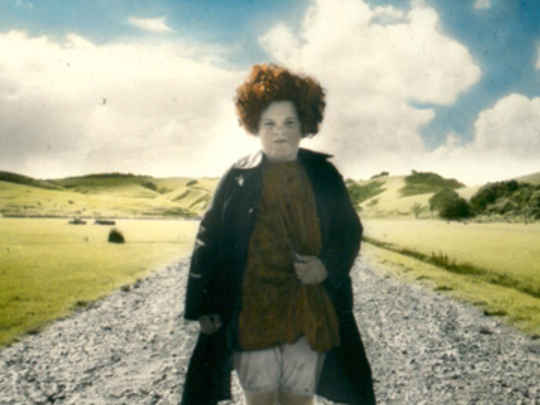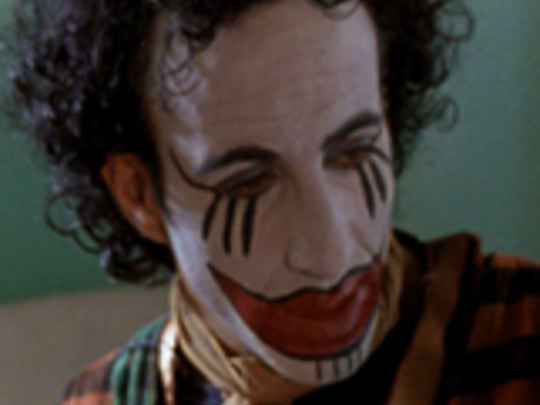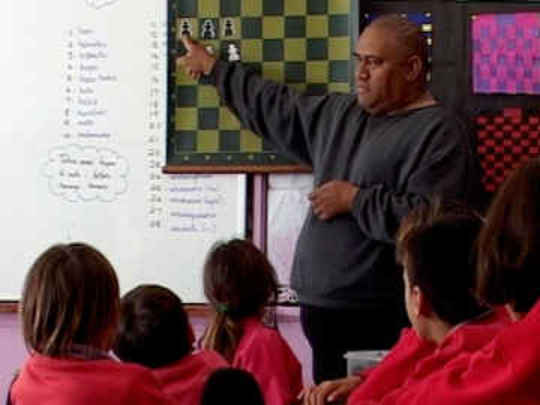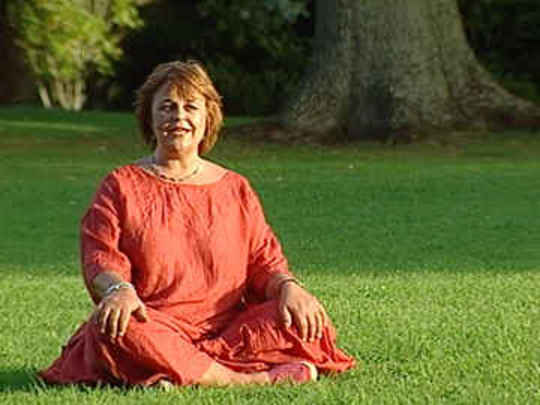...I had asylum here, and I'm all in favour of that; I've come and asked for it at different times. I don't like so much mental health in the community because everyone sees you at your worst, and thinks you're always like that, and then you're judged on your worst. Whereas if you seek asylum somewhere and you're taken away in your worst phases, people never see you.
– Former Sunnyside patient Nicolette Stead on the need for privacy when people are in crisis
We've got friends who sleep in bushes, in hedges, because they've got nowhere to go. They've got alcohol, drug, gambling — all these addictions — plus a mental illness, and they burn their bridges. They wind up with nowhere to go and they're roaming the streets unwell. And the only way to get them in is if they're a harm to themselves or a harm to others.
– Former Sunnyside patient Glenn Barsby on the cracks in New Zealand's mental health system
I think there's concern that the bed numbers that are available in crisis are shrinking. There's concern that the availability of resources in the community haven't grown to the same extent...
– Glenn Dobson from Christchurch's Stepping Stone Trust on increasing demand on mental health services
Institutions aren't good at providing people with choice...and a good measure of quality of life, I think, is the availability of choices you are able to make about your life.
– Canterbury District Health Board Nursing Consultant Stuart Bigwood on the desirability of 'opening up' institutions
In our benevolent, sort of patriarchal way, it was felt that by providing this pristine environment for people, that improved their quality of life.
– Canterbury District Health Board Nursing Consultant Stuart Bigwood on one of the philosophies underlying 1940s-1950s psychiatric hospitals like Sunnyside
Every morning I woke in dread waiting for the day nurse to announce from the list of names in her hand whether or not I was for shock treatment, the new and fashionable means of quieting people and making them realise that orders are to be obeyed, floors are to be polished without anyone protesting, and faces are made to be fixed into smiles and weeping is a crime.
– Excerpt from Janet Frame's 1961 novel Faces in the Water, based on her experiences in a Kiwi psychiatric ward
Evolution of mental health care can be shown at Sunnyside by the diverse styles of architecture...
– Presenter Kate Hirst on outward signs of change at Sunnyside Hospital in Christchurch, including smaller wards
It's quite hard being stuck in wards with people you know are murderers and child molesters. You think 'oh my God, what if my grandmother could see me now...'
– Former psychiatric patient Nicolette Stead on her time at Sunnyside Hospital
At the turn of the twentieth century ... 90 per cent of all patients in a psychiatric hospital were deemed to be incurable. So therefore you try to make the conditions as tolerable and as human as you could, within all those limitations of staffing and money and architecture.
– University of Otago Senior Fellow Warwick Brunton, during a tour of Sunnyside Hospital
